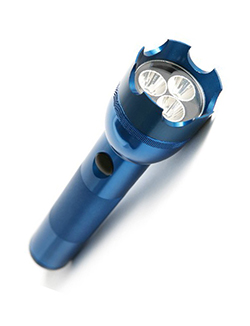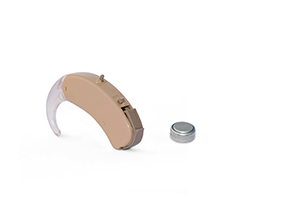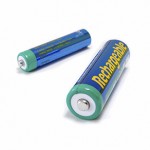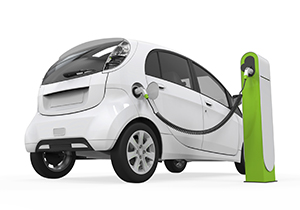Batteries
 Zinc Energy
Zinc Energy
For over 100 years, zinc has been known to be a good source of energy. Zinc batteries have been used for many decades. Zinc-carbon batteries are the longest established primary battery type and are com mon in applications such as remote controls, flashlights, toys and electronics. Zinc-chloride batteries are an improved version of the zinc-carbon cells; they have a longer life and a steadier voltage output.
mon in applications such as remote controls, flashlights, toys and electronics. Zinc-chloride batteries are an improved version of the zinc-carbon cells; they have a longer life and a steadier voltage output.
Button cell batteries are well known. A significant number of them are non-rechargeable zinc-air batteries, which are commonly used in hearing aids, calculators and watches. Research is being conducted in developing rechargeable zinc-air batteries. Recently, zinc-air has shown potential as a fuel cell providing power to electric vehicles including scooters, buses and trucks.
 Due to the improved shelf life and leak resistance, the demand for zinc alkaline batteries has grown significantly. Zinc-alkaline batteries are widely used in light drain and heavy drain applications including radios, flashlights, cameras and toys.
Due to the improved shelf life and leak resistance, the demand for zinc alkaline batteries has grown significantly. Zinc-alkaline batteries are widely used in light drain and heavy drain applications including radios, flashlights, cameras and toys.
Nickel-zinc batteries, which are rechargeable, can be utilized in power tools and automotive applications.
Silver-zinc batteries are used in applications requiring high reliability and an excellent energy/weight ratio. They are used in aircraft and space applications and selected portable electronic equipment.
Advantages of Zinc Energy
Excellent c ombination of physical and electrochemical properties. Zinc is a good reducing agent with a high theoretical capacity and a low standard potential producing a high cell voltage.
ombination of physical and electrochemical properties. Zinc is a good reducing agent with a high theoretical capacity and a low standard potential producing a high cell voltage.
High specific energy and power density. Zinc has an excellent power density and is one of the most stable metals in aqueous electrolyte solutions.
Rechargeable. Nickel-zinc and silver-zinc batteries are rechargeable. Advances are being made to develop rechargeable zinc-air batteries.
Zero emission. Zinc energy storage systems can power hearing aids, vehicles, stationary, computers and other electronic appliances 100% free of emissions.
Recyclable. Zinc can be fully recycled without loss of properties and quality and can be re-used in applications and products.
Sustainable. Rechargeable, recyclable and clean are important aspects which contribute to a sustainable future.
